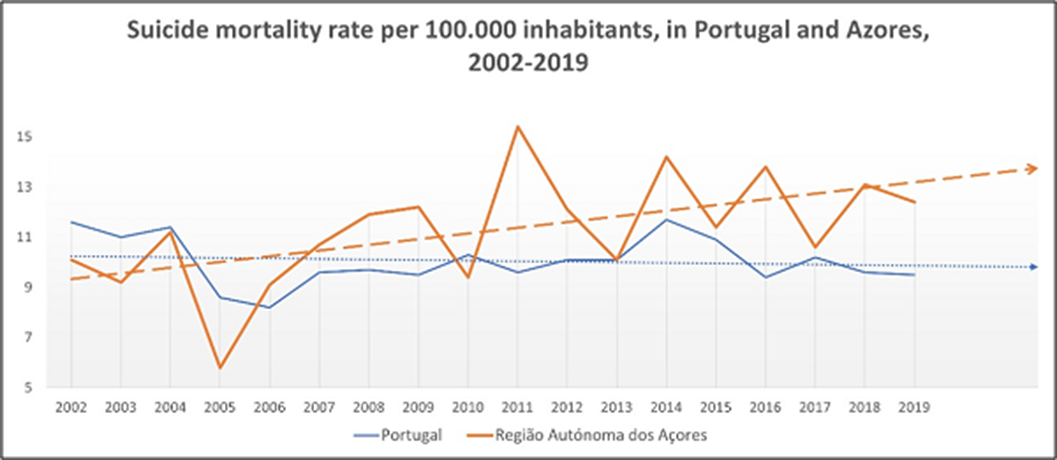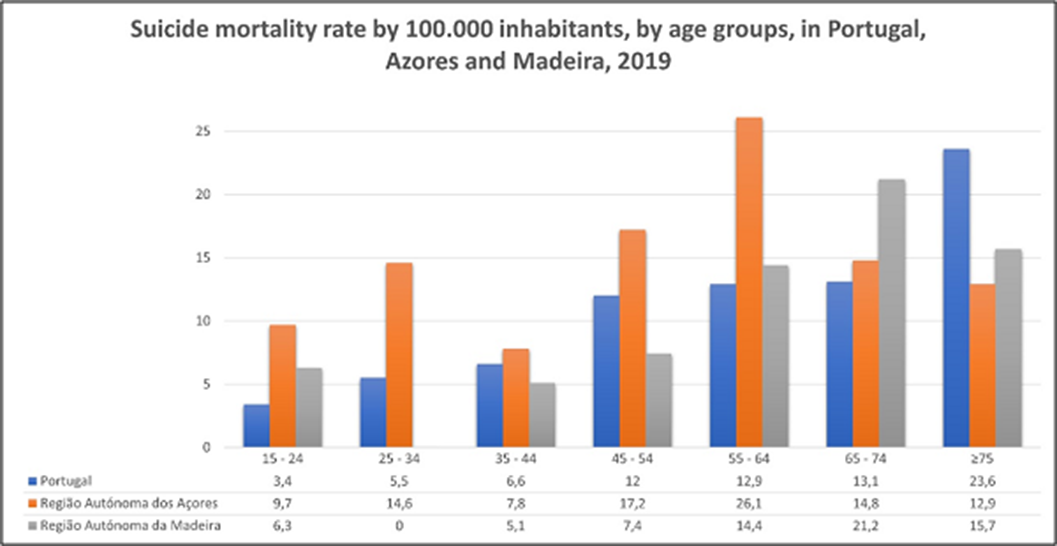e-Poster Viewing
Abstract
The clinical efficacy of orexin antagonists for primary insomnia- A review of the evidence
-
- Published online by Cambridge University Press:
- 19 July 2023, p. S1104
-
- Article
-
- You have access
- Open access
- Export citation
Being mindful of our insomnia can get us to sleep? - Mindfulness aproach to sleep disorders
-
- Published online by Cambridge University Press:
- 19 July 2023, p. S1104
-
- Article
-
- You have access
- Open access
- Export citation
Childhood adversity and acute stress vulnerability at adulthood: The mediating role of sleep
-
- Published online by Cambridge University Press:
- 19 July 2023, p. S1105
-
- Article
-
- You have access
- Open access
- Export citation
Daytime sleepiness among health workers affected by COVID-19 during the “OMICRON” wave
-
- Published online by Cambridge University Press:
- 19 July 2023, p. S1105
-
- Article
-
- You have access
- Open access
- Export citation
Quality of sleep among trainee doctors at the Charles Nicolle Hospital during the 2nd wave of COVID19
-
- Published online by Cambridge University Press:
- 19 July 2023, pp. S1105-S1106
-
- Article
-
- You have access
- Open access
- Export citation
MANAGEMENT AND PREVENTION OF SUICIDE RISK IN PRISON: RESULTS OF A PRELIMINARY STUDY ON ITALIAN PRISONERS
-
- Published online by Cambridge University Press:
- 19 July 2023, p. S1106
-
- Article
-
- You have access
- Open access
- Export citation
Suicidality among inpatients - Right under our noses
-
- Published online by Cambridge University Press:
- 19 July 2023, pp. S1106-S1107
-
- Article
-
- You have access
- Open access
- Export citation
The impact of the OPRM1, OPRK1, DCC genes polymorphisms on the motivation for non-suicidal self-injury in young adults: a pilot study
-
- Published online by Cambridge University Press:
- 19 July 2023, p. S1107
-
- Article
-
- You have access
- Open access
- Export citation
Impact of empathy level on nurses’ attitudes toward a suicidal patient
-
- Published online by Cambridge University Press:
- 19 July 2023, p. S1107
-
- Article
-
- You have access
- Open access
- Export citation
An Explorative Study to Assess the Suicidal Risk Amongst Infertile Patients
-
- Published online by Cambridge University Press:
- 19 July 2023, p. S1108
-
- Article
-
- You have access
- Open access
- Export citation
Protective Factors against Suicide and Violence against Women in Azerbaijan: Shedding light on Suicide in Muslim-Majority Countries
-
- Published online by Cambridge University Press:
- 19 July 2023, p. S1108
-
- Article
-
- You have access
- Open access
- Export citation
Relieving pandemic-related psychological distress: Key protective factors against mental health impairment
-
- Published online by Cambridge University Press:
- 19 July 2023, pp. S1108-S1109
-
- Article
-
- You have access
- Open access
- Export citation
The Suicidal Physician: When the Doctor Wants to Die
-
- Published online by Cambridge University Press:
- 19 July 2023, p. S1109
-
- Article
-
- You have access
- Open access
- Export citation
Another Tragic Pandemic Strikes: It Is Suicide
-
- Published online by Cambridge University Press:
- 19 July 2023, p. S1109
-
- Article
-
- You have access
- Open access
- Export citation
Suicide in the Azores Archipelago - a epidemiological study and review
-
- Published online by Cambridge University Press:
- 19 July 2023, pp. S1109-S1110
-
- Article
-
- You have access
- Open access
- Export citation
Suicide Prevention and Specialized Intervention: Structuring Actions in a Psychiatry and Chemical Dependency Service in Rio de Janeiro City
-
- Published online by Cambridge University Press:
- 19 July 2023, p. S1110
-
- Article
-
- You have access
- Open access
- Export citation
suicide among women, its clinical specificities and risk factors
-
- Published online by Cambridge University Press:
- 19 July 2023, pp. S1110-S1111
-
- Article
-
- You have access
- Open access
- Export citation
Clinical covariates of self-harm and suicidality in a community sample of Irish Travellers
-
- Published online by Cambridge University Press:
- 19 July 2023, p. S1111
-
- Article
-
- You have access
- Open access
- Export citation
Predicting Suicide Attempts among Major Depressive Disorder Patients with Structural Neuroimaging: A Machine Learning Approach
-
- Published online by Cambridge University Press:
- 19 July 2023, pp. S1111-S1112
-
- Article
-
- You have access
- Open access
- Export citation
Suicide in Schizophrenia: A literature review
-
- Published online by Cambridge University Press:
- 19 July 2023, p. S1112
-
- Article
-
- You have access
- Open access
- Export citation



